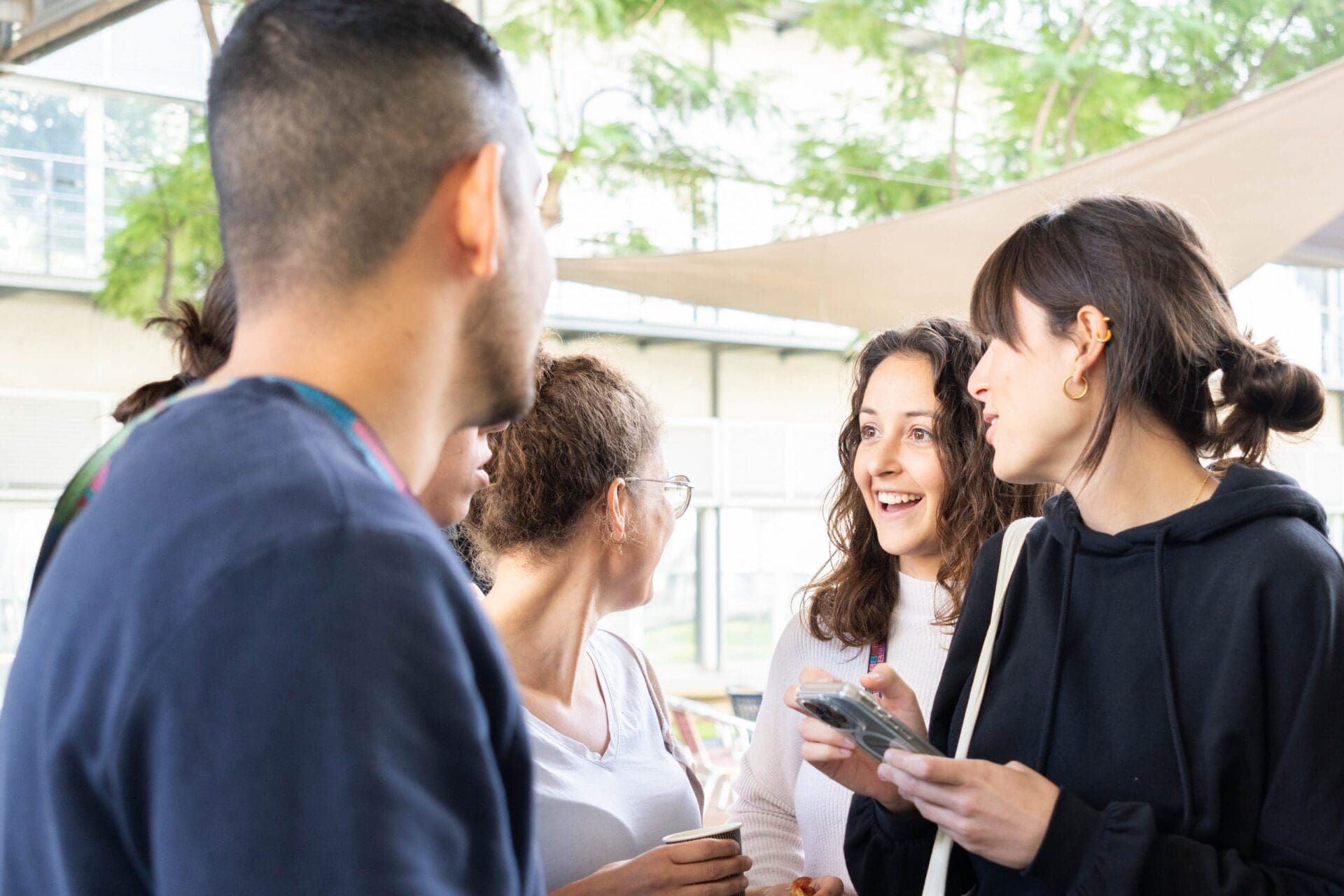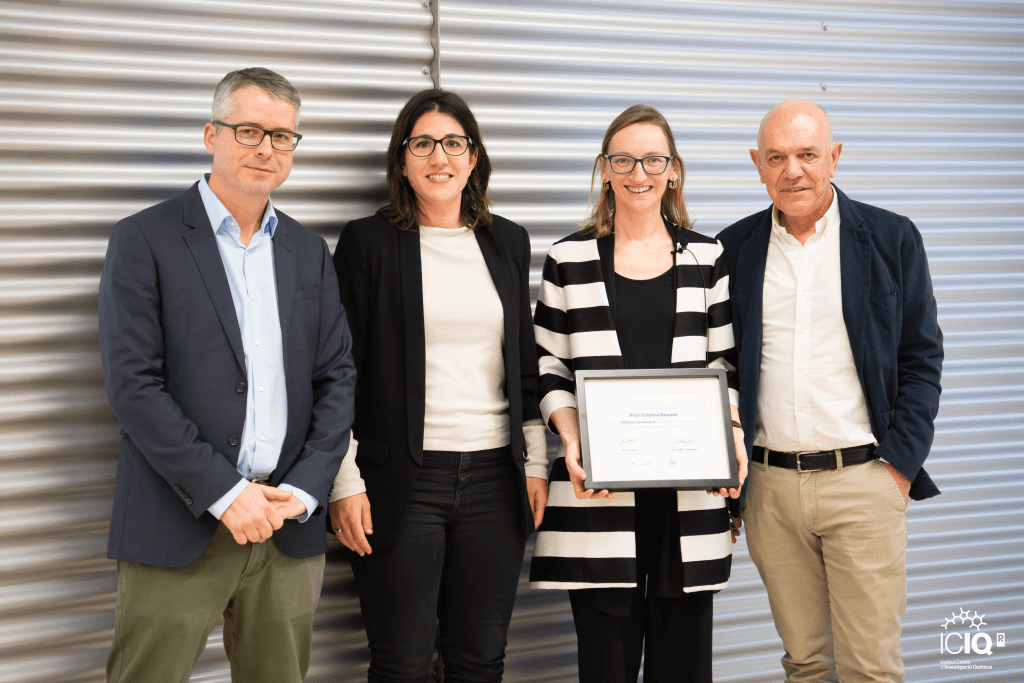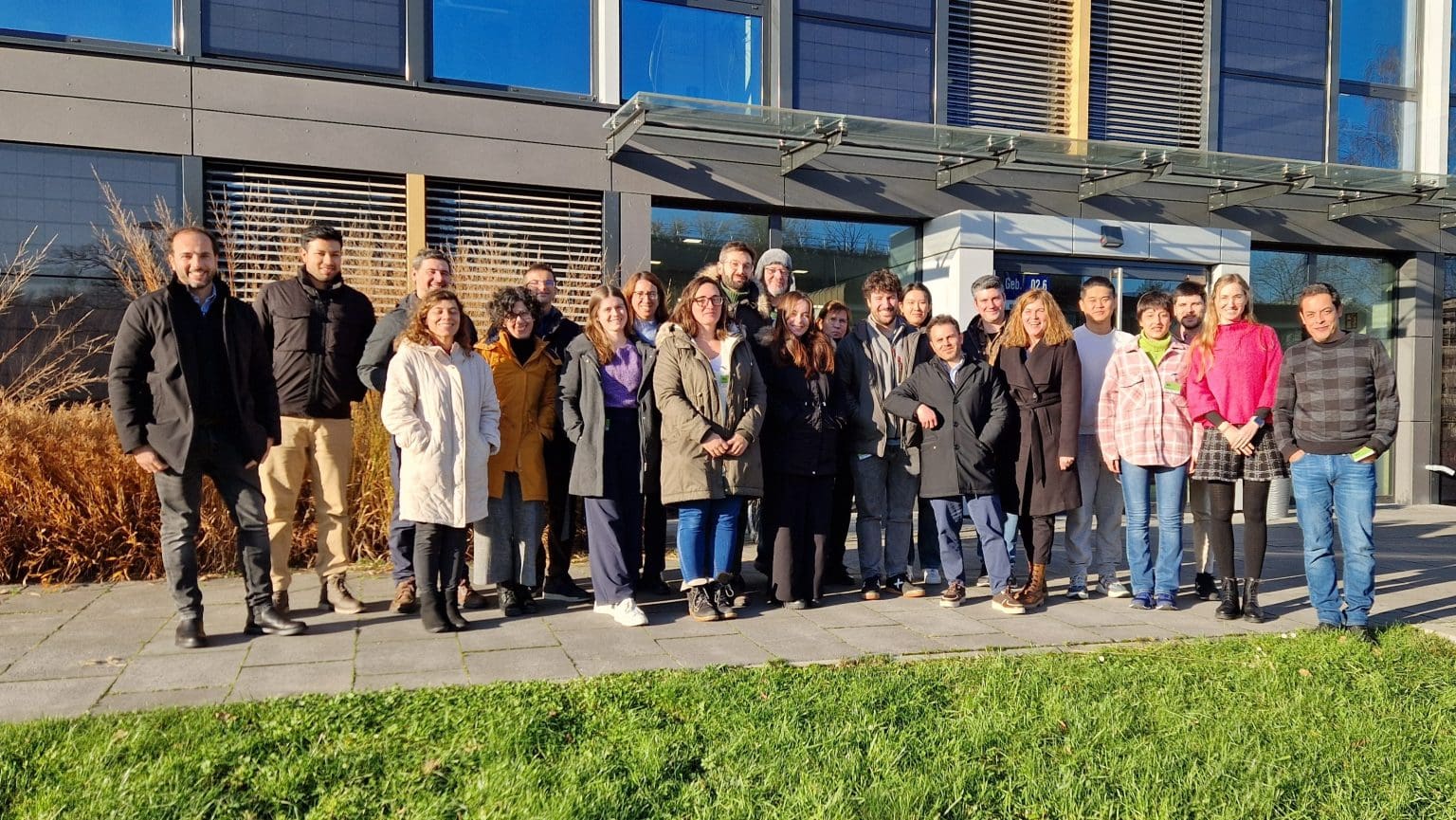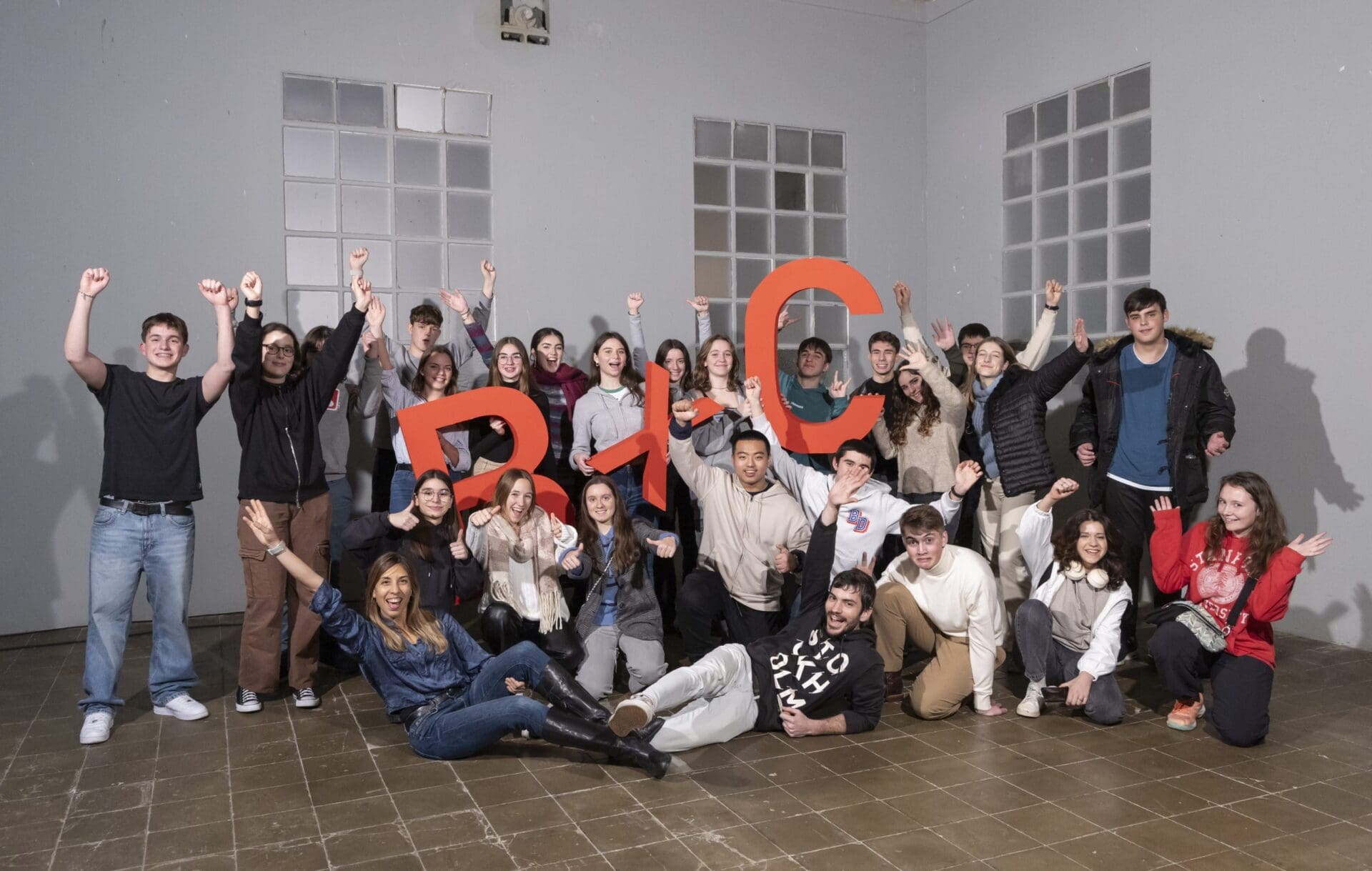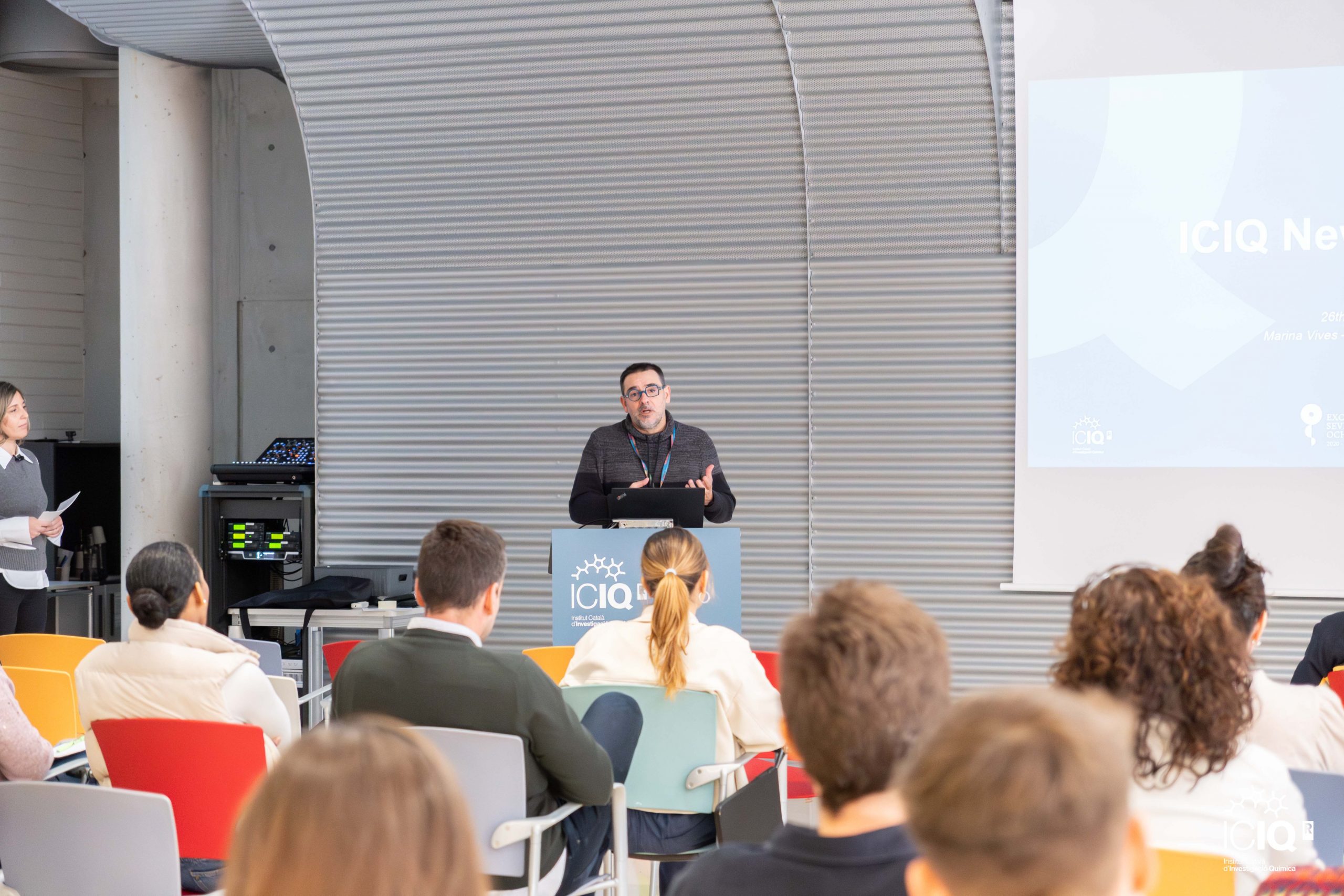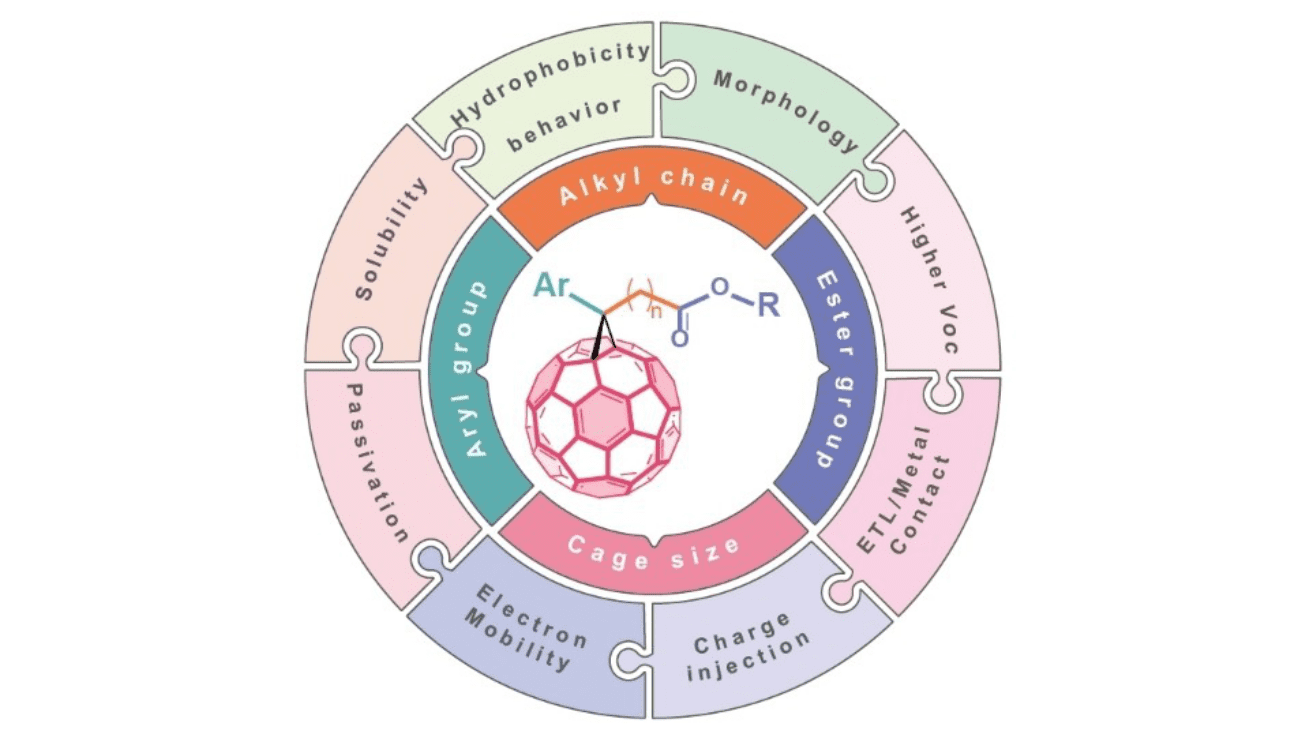Dr. Katherine Villa awarded with 2023 EuChemS Lecture Award
Dr. Katherine Villa, ICIQ Group Leader, has been recognised with the 2023 EuChemS Lecture Award for her major achievements working in chemistry. The International Award Committee recognised Villa’s pioneering research on using light to induce chemical reactions and her innovative application of nanostructured materials to address urgent environmental and energy-related challenges.
This award highlights Dr. Villa’s significant achievements and her commitment to advancing the field. Her groundbreaking work in photocatalysis and environmental remediation, including the development of a patented multistage portable device for micromotor-assisted water decontamination, has distinguished her as a leading figure in the scientific community.
As part of the recognition, Villa will deliver a lecture at the 10th EuChemS Chemistry Congress in Antwerp, Belgium, in 2026, joining a select group of distinguished researchers who have made lasting impacts in the field of chemistry.
Dr. Villa’s contributions extend beyond her recent recognition. She has been awarded several prestigious grants and accolades, including a BBVA Foundation Leonardo Grant in Basic Sciences, an ERC Starting Grant for her project “PhotoSwim,” and the Young Researcher Award (Group Leader modality) by the Royal Spanish Society of Chemistry (RSEQ). Additionally, she is a member of the Young Academy of Spain and the Early Career Editorial Board of Applied Catalysis B.
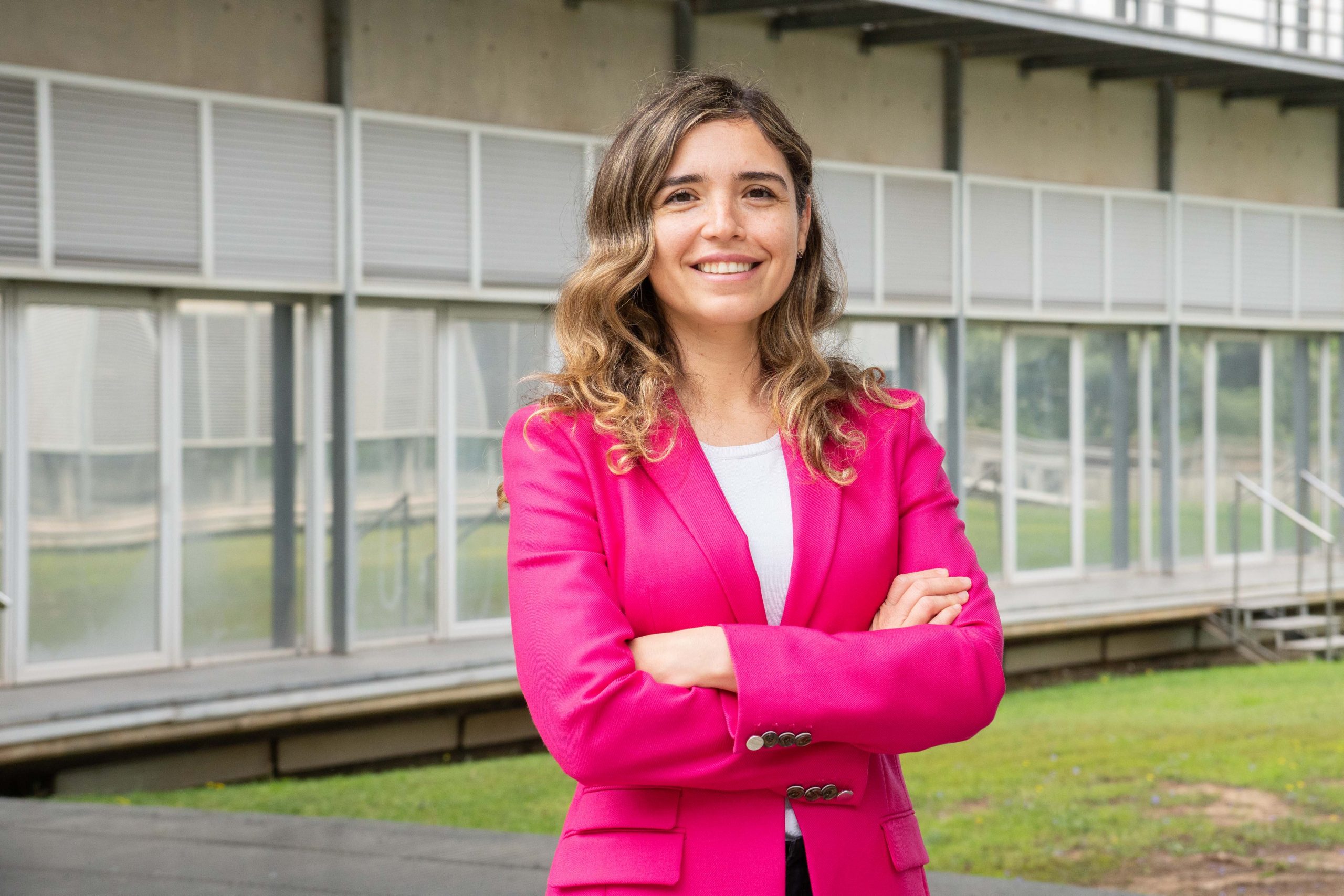
About Dr. Katherine Villa
Dr. Katherine Villa earned her Ph.D. in Chemistry from the Autonomous University of Barcelona. After three years as a senior scientist at the Center for Advanced Functional Nanorobots in Prague, she returned to Spain, where she now leads a research group at the Institute of Chemical Research of Catalonia (ICIQ).
Dr. Villa’s multidisciplinary expertise, with over a decade of experience in photocatalysis, spans fields such as solar fuels, renewable energy, and water purification.
About EuChemS
The European Chemical Society (EuChemS) is a supranational association representing over 130,000 chemists from 50 societies and other chemistry-related organizations in 34 European countries. EuChemS aims to promote scientific discussion, the role and image of chemistry and related sciences among policymakers and the public, and advocate for the field on critical policy issues.
Related news

Let's create a brighter future
Join our team to work with renowned researchers, tackle groundbreaking
projects and contribute to meaningful scientific advancements






 11-12-2024
11-12-2024 